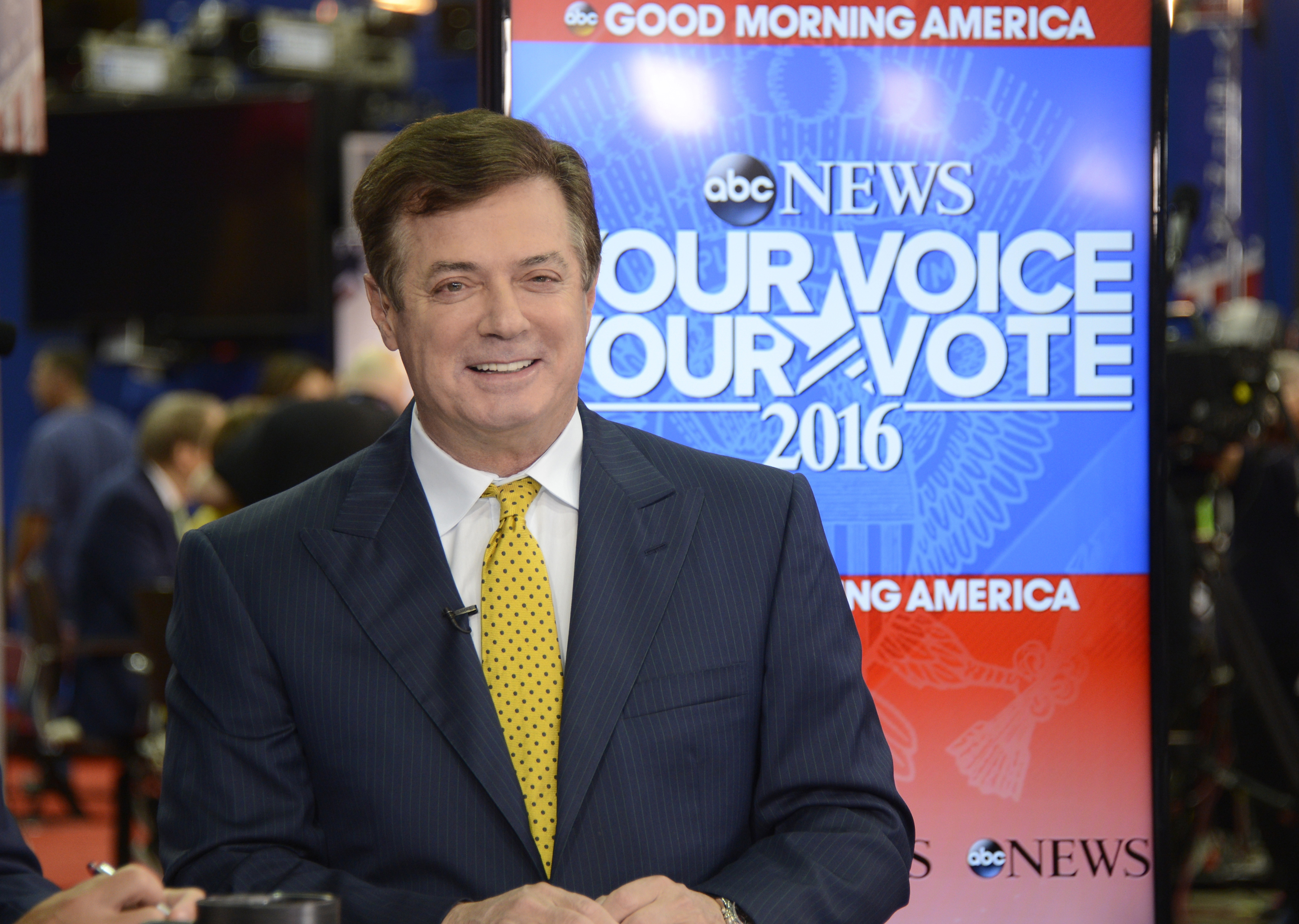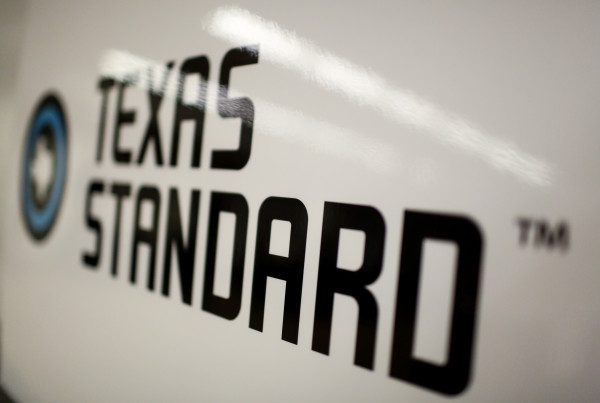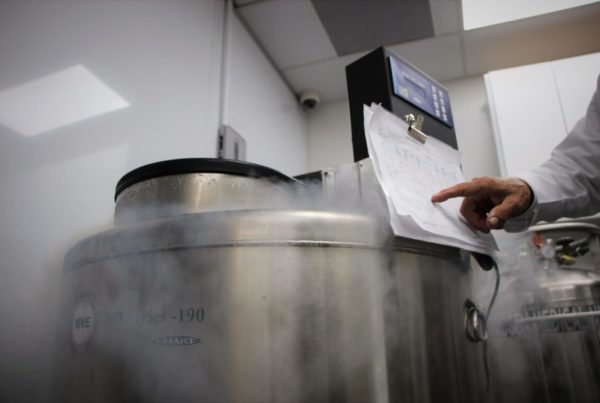Paul Manafort, a former campaign advisor to President Donald Trump has been indicted, along with his longtime business partner, Rick Gates. The 12-count indictment, unsealed Monday, charges the pair with conspiracy to launder money, making false statements and other offenses connected to Russian attempts to influence the 2016 election. Manafort was, for a brief time, Trump’s campaign chairman. He was fired after reports that he had received $12 million in undisclosed payments from a politician in Ukraine.
Stephen Vladeck, professor of law at the University of Texas School of Law, says the Foreign Agents Registration Act comes into play in the Manafort case as well. This law requires officials who lobby in Washington on behalf of a foreign government to register and fully disclose what they do on behalf of their foreign clients.
“The real million-dollar question coming out of today is not whether Paul Manafort is in a boatload of trouble,” Vladeck says. “He clearly is. The real question is whether this is the appetizer, and whether Special Counsel [Robert] Mueller is starting here with the lowest-hanging fruit, and working his way up the food chain toward folks and offenses more directly tied to the Trump campaign and the Trump administration.”
Another question Manafort’s indictment raises is timing: why were indictments handed down now, and why was word that they were coming allowed to leak to the press over the weekend?
“One suspects that this is all part of a very deliberate and calculated strategy on the part of Special Counsel Mueller to start ratcheting up the pressure,” Vladeck says. “Not just on Manafort and Gates, who obviously now have all kinds of incentives to turn against whom they might have information, but anyone else who might be plausibly under investigation, someone like a [former National Security Advisor] Mike Flynn. The reason to take this step publicly is to send a message.”
Written by Shelly Brisbin.
















